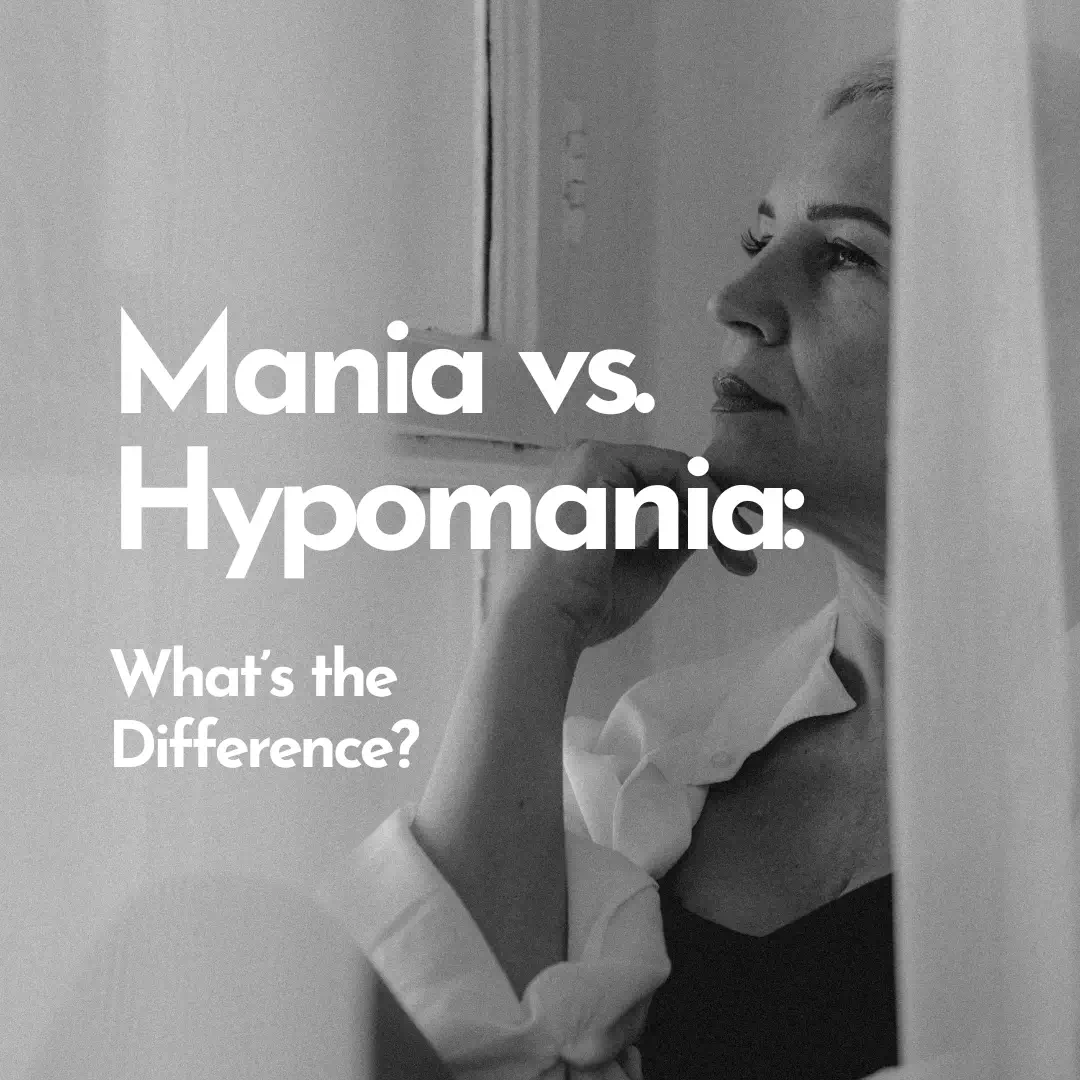In my sessions, I often hear patients say things like, “I felt like I could do anything, like the rules didn’t apply to me.” This is how grandiosity, or inflated self-esteem, shows up during hypomania. It’s that feeling of being untouchable, brilliant, or destined for greatness—but it’s also a symptom of bipolar disorder that can lead to risky decisions.
What Is Grandiosity?
Grandiosity is when confidence crosses the line into overconfidence. It’s not just feeling good about yourself; it’s feeling so great that you believe you can do things that might not be realistic—like starting a business overnight or believing you’re more talented than anyone else.
For one patient, this meant spending thousands on equipment to become a “famous DJ,” even though they had no experience. Another felt they had a groundbreaking invention, left their job, and poured all their savings into a project that eventually fell apart. In the moment, it all felt completely logical to them.
Kanye West: A Real-Life Example
Kanye West has been open about living with bipolar disorder, and his experiences with grandiosity have been very public. He’s made statements like calling himself a “genius” or comparing himself to legendary figures, which can seem over-the-top to others. While these moments highlight his creativity and ambition, they also show how grandiosity can create challenges when left unchecked.
Kanye’s openness about bipolar disorder has started conversations about mental health, but it also shows the importance of recognizing symptoms like grandiosity and managing them effectively to avoid personal and professional fallout.
How Does It Impact Everyday Life?
Grandiosity can feel amazing in the moment—it’s like you’re on top of the world. But it can also lead to decisions that don’t make sense later, like spending too much money, quitting a job impulsively, or damaging relationships. Patients often tell me that when the hypomanic episode ends, they’re left picking up the pieces and wondering, “What was I thinking?”
For loved ones, grandiosity can be confusing. They might see it as arrogance or overconfidence instead of realizing it’s part of a hypomanic episode. This misunderstanding can create tension, especially if the person resists help.
How Can You Manage Grandiosity?
The first step is recognizing when grandiosity is creeping in. I often recommend keeping a mood tracker to spot patterns early. For example, are you starting to take on too many projects or spending more money than usual? These can be red flags.
Therapies like Cognitive Behavioral Therapy (CBT) can help challenge how realistic thoughts and plans may be and Interpersonal and Social Rhythm Therapy (IPSRT) can also help. These approaches teach you to recognize unhelpful thoughts and establish routines that keep you grounded. Lifestyle changes, like prioritizing sleep and managing stress, are equally important.
If you or someone you love struggles with grandiosity or other symptoms of bipolar disorder, know that support is available. My self-paced e-learning module is packed with practical tools to help you better understand and manage your mood.
Grandiosity can be a symptom of bipolar disorder, but with the right strategies, you can stay balanced and make decisions you’ll feel good about later.




